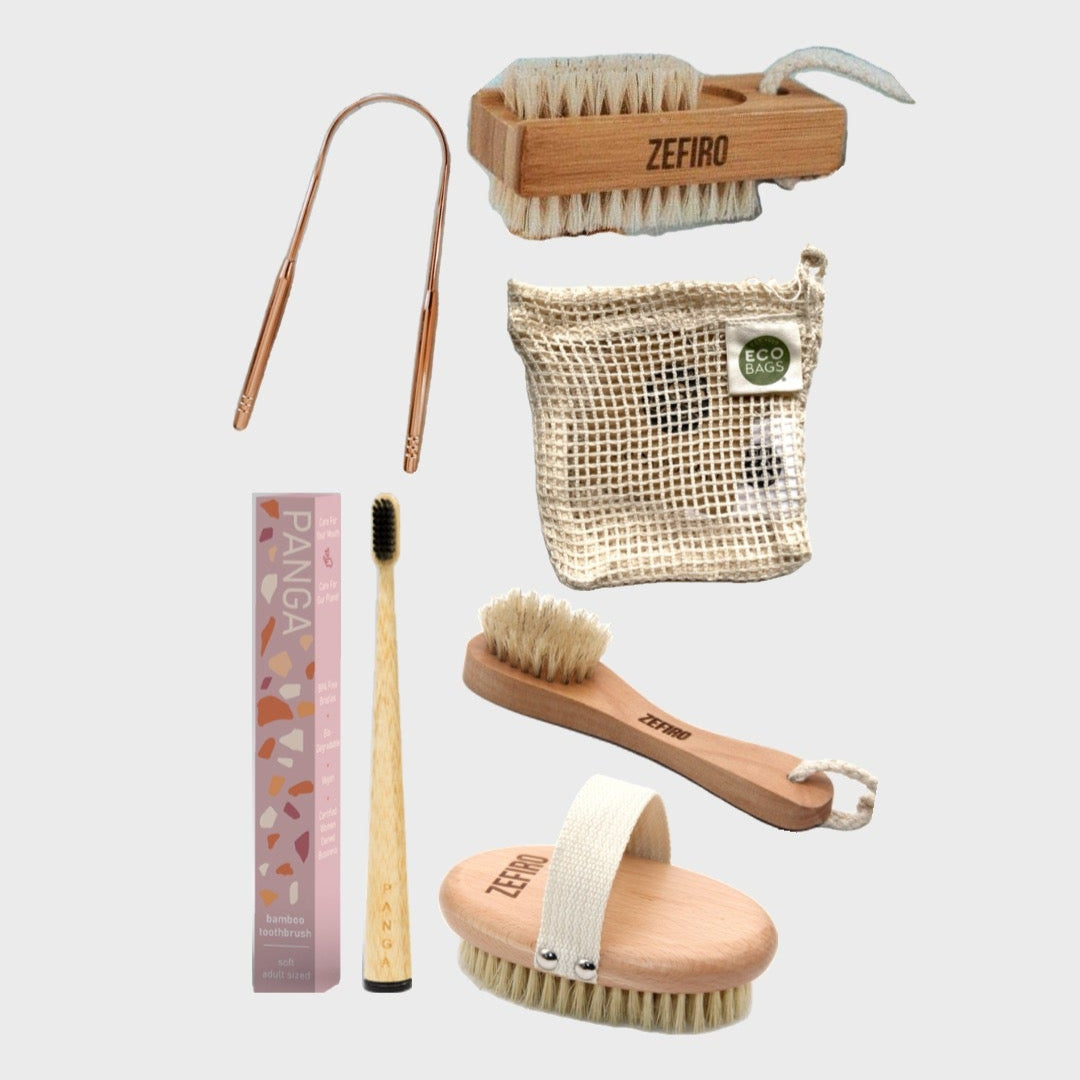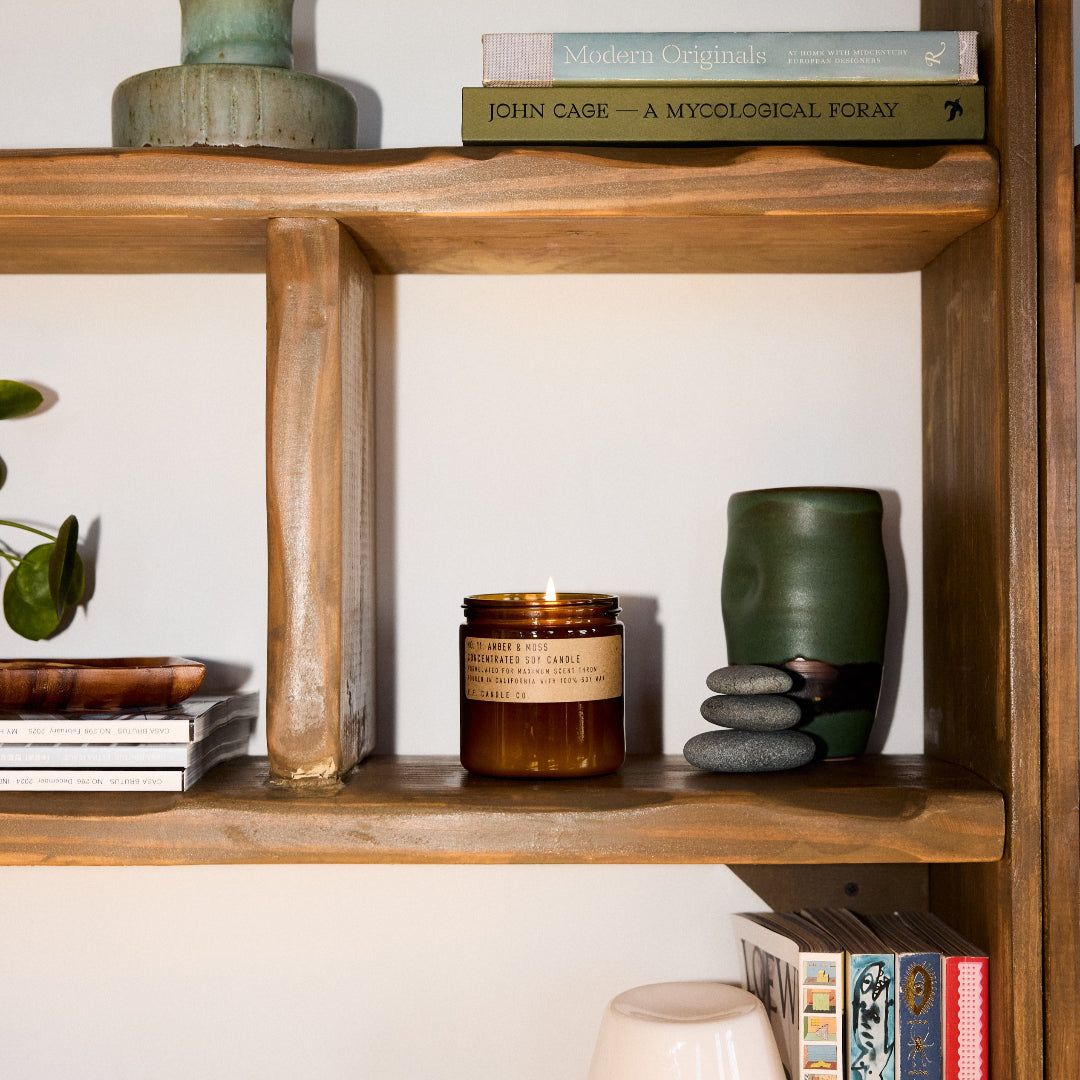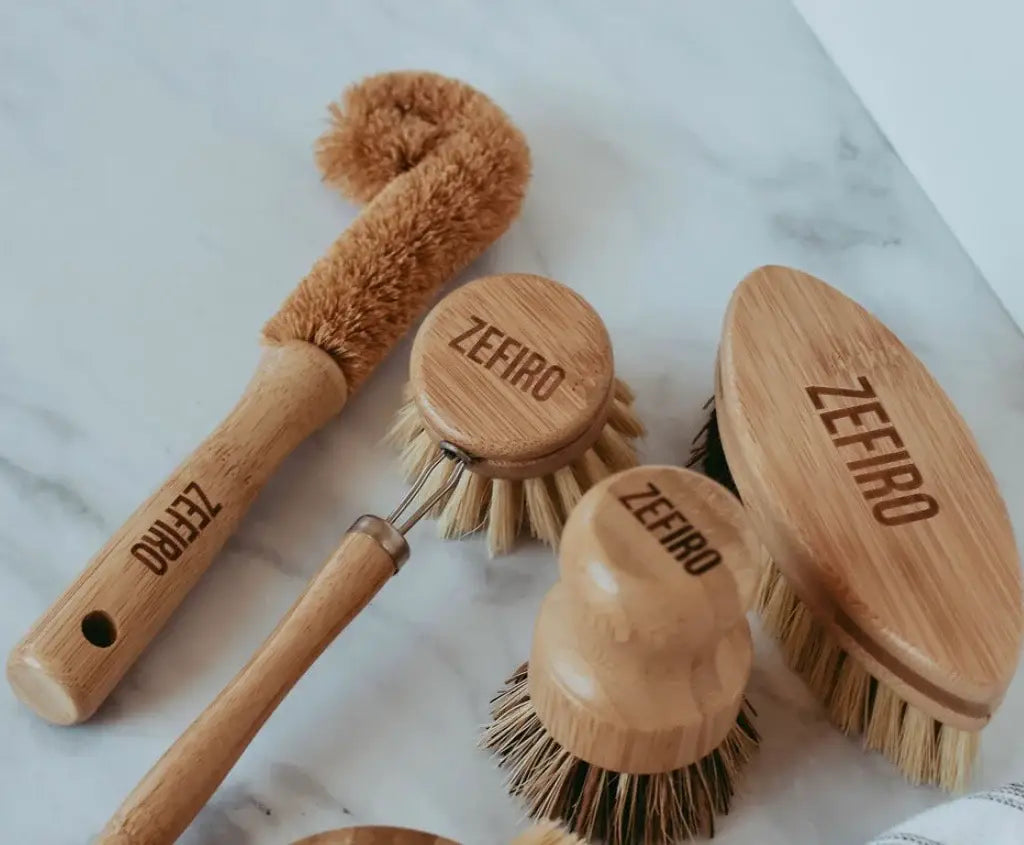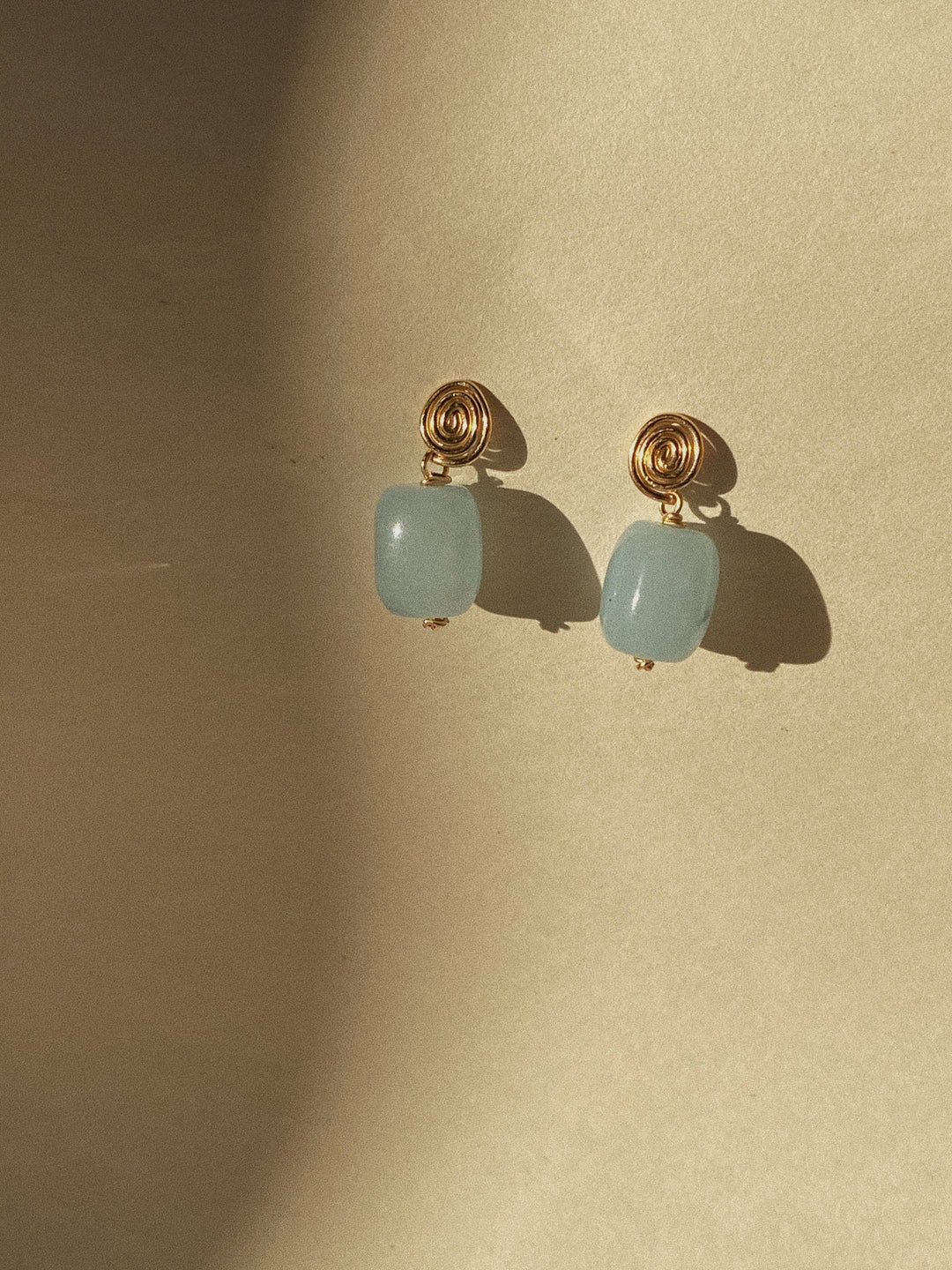Nurturing your child’s creative side

Hey y’all, Sierra here. I’ve been wanting to write about this topic for a while now, and I think an event I participated in ties in nicely. You see, I was recently a guest at the Pecan Springs Elementary School in East Austin career day, where I spoke about being an entrepreneur (more on that below below).
As you may know, I have a background in education, so the event had me thinking about my time as a teacher of middle and high school students. Some may think that teachers only teach their lesson plan and enforce rules, but a big part of the job was nurturing my student’s natural talents and encouraging them to want to learn and develop on their own. And by “own their own”, I mean on their own time—most of which is probably spent at home. That’s where parents, guardians, and caretakers can come in to help kids develop their talents even further.
Why is this important?
There are so many positive benefits of nurturing your child’s creativity. For one, it can lead to some quality bonding time with your kiddo. You can learn a lot from each other by working together on a project or by just talking about what they’re doing. Speaking of learning, it’s a good way to pick up a new skill for yourself.
I decided to create our macrame keychain kit as a simple and fun introduction to macrame. I often see people buy two at a time which I imagine is to share in the activity of making something with a loved one.
Also, having a parent around as a child is exploring their creativity could add some structure to their activities. My previous students actually enjoyed having structure in their life (as long as it seemed fair). For you, this could mean scheduling craft time, helping each other clean up after an activity, and so on.
And finally, it can lead to great things down the road. Maybe your kid is good at drawing, or poetry, or crocheting. Finding their talent early on can be a real confidence booster when they find themself in the classroom and beyond. More and more, people are making careers out of the arts. Whether that’s making tangible things (like yours truly) or something more performative like podcasting, vlogging, etc.

Ok, so it’s important. How do I figure out what my kid likes?
Good news, this is probably the easiest part! Actively listening to your kid will go a long way to figuring out what their talents are. The funny thing I’ve found about kids is that they usually have no problem telling you what they like (and an even easier time telling you what they DON'T like).
But hey, maybe your kid is less forthcoming with personal details. Don’t fret! You can rely on people who interact with your little human—like their teachers or even their friends.
But I’m not creative. How can I nurture my kid’s creativity?
You’d be surprised how much it means to a kid for you to be present. Even if you’re not doing the same tasks, if you’re there to bounce ideas off of, that could help.
Maybe your kid is good at drawing but you can’t even draw a stick figure. Well, whip out some coloring pages and do some coloring while they draw. And if they’re doing an activity that you can join in on, go for it!
One big piece of advice I can give is to engage your kid when they’re being creative. Ask questions. Get them to think critically about the task they’re doing. Often, talking out loud about things can lead to new perspectives or solutions to problems. As you see from my quote below, you can talk to kids pretty plainly about things and they’ll understand. Here's how I explained to the kids at Pecan Springs Elementary what an entrepreneur is:
"Usually, an entrepreneur is a person who identifies a problem or need and uses their ideas, skills and talents to solve this problem by creating a new business."
So keep the conversation going. You may even gain some perspective as well. Kids can be surprisingly profound at times.
Whether you’re taking part in the activities or not, you’ll want to always give positive reinforcement. Be their biggest cheerleader!

So, I need to be around all of the time?
No, and that’s one of the most beautiful things about the process. Yes, you should be involved but it’s equally important that you leave room for their own self growth and self improvement. Trust me, it was a great feeling when one of my students would figure something out all on their own and then excitedly share it with me.
Alright, that’s all I have for now, but if you have any questions, feel free to leave a comment below or talk to me on Instagram.








Leave a comment